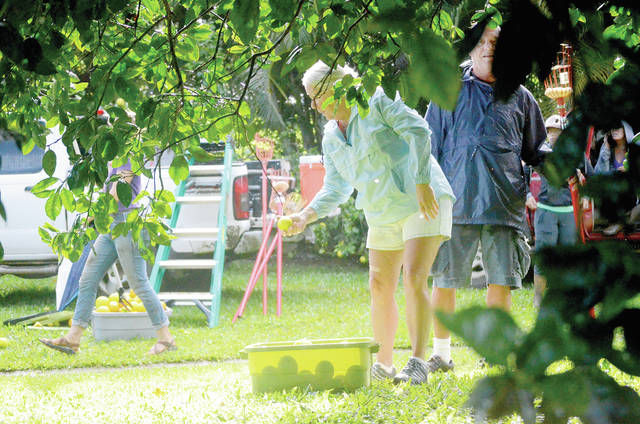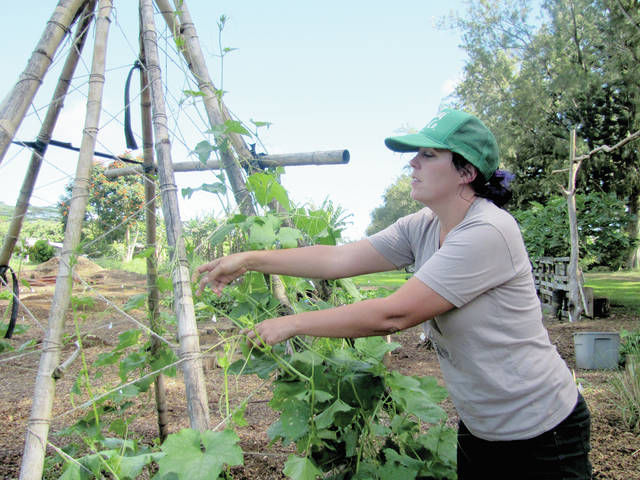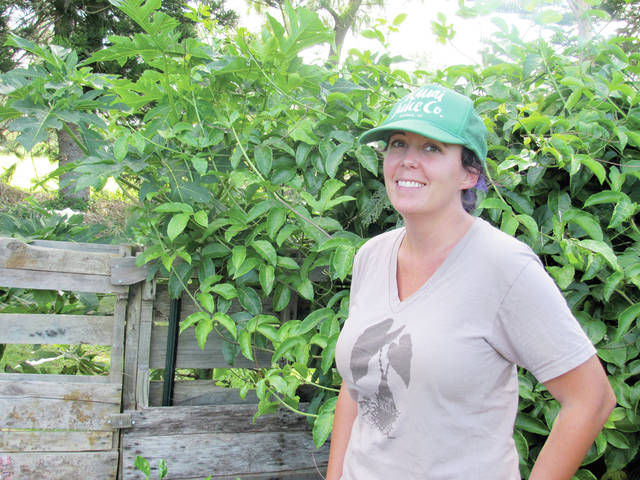LIHUE — Kauai has a patchwork of agriculture enterprises, from multi-million dollar operations to tiny family farms. And knowing who is doing what on their land is helpful for increasing local, sustainable food production. “Farmers have a good idea of
LIHUE — Kauai has a patchwork of agriculture enterprises, from multi-million dollar operations to tiny family farms.
And knowing who is doing what on their land is helpful for increasing local, sustainable food production.
“Farmers have a good idea of what’s going on,” said Ray Maki, president of Hawaii Farmers Union United’s Kauai Chapter. “It’s about (educating) policy makers. There’s a big untold story in this movement.”
In order to map out Kauai’s agriculture atmosphere, Malama Kauai has put out a survey to island ranchers and farmers, one that can provide data to inform everyone of Kauai’s agriculture needs.
The survey is open to anyone interested in farming or ranching, including farm workers and aspiring farmers, is available online, and will be open through July 15.
Providing contact information is optional and the survey consists of 12 questions. Questions address farm and ranch types, acreage, leasing or owning the land, personal background and ethnicity, location, and production.
It also provides an opportunity to outline challenges that face agriculture on Kauai — things like land and water access, value-added products, and labor.
Periodic review of Malama Kauai processes was the springboard for the survey, which is something that happens every few years according to Megan Fox, executive director of Malama Kauai.
“A lot changes over the years and it’s time we took a fresh look,” Fox said. “We’re especially interested in supporting beginning and minority farmers who want to produce local food, and addressing the unique barriers they face.”
In addition to developing programs and strategies for the organization, data from the survey will be shared to help the overall goal of increasing local food production.
“Legislators are increasingly supportive of our food producers, but they don’t always know how to best help,” Fox said. “If we want to increase local food production together, we need to hear directly from those who are working to produce it.”
Kauai legislators say they’ll take any agricultural data they can get.
“Any information on policy making is useful,” said Rep. Dee Morikawa.
The information is only valuable if it’s shared, Maki pointed out, and he’s hoping to see this kind of information collecting spread in the future.
“Through statistical analysis, we can get the picture,” Maki said.
Malama Kauai supports agriculture on the island through school gardens and food programs, to community-based agricultural land projects, and workshops and educational programs.
The goal is to zone in on what aspiring and farmers and ranchers’ needs are, and what the organization may be able to do to support them.
The survey is available at www.malamakauai.org/mk/2017survey or can be completed via telephone by calling Jared at 828-0685 ext. 10.




